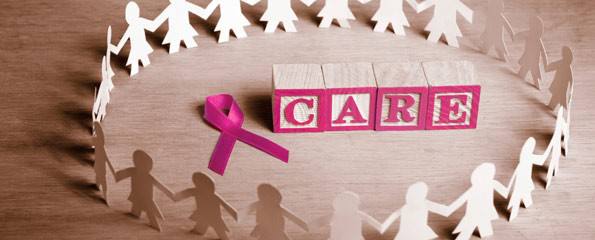Women have a role in reducing breast cancer numbers
Three out of four women did not identify physical activity, healthy body weight and alcohol consumption as key factors in reducing the risk of breast cancer, according to survey results released today at Cancer Australia’s 20th anniversary Pink Ribbon Breakfast.
The Newspoll survey, conducted on behalf of Cancer Australia, also revealed that only one in three women exercised for the recommended amount of time and less than half thought drinking alcohol increased the risk of breast cancer.
In addition, approximately half of the women surveyed were classified as overweight or obese, however, only 37% saw themselves as being above a healthy weight range.
Speaking at this morning’s Pink Ribbon Breakfast, Cancer Australia CEO Professor Helen Zorbas said the survey results highlighted misconceptions that exist in the community.
“Of concern is the high proportion of women who believe that additives in our food and using underarm antiperspirant contribute more to risk of developing breast cancer than lack of exercise, being overweight and drinking alcohol.” Professor Zorbas said.
Professor Zorbas also outlined healthy lifestyle behaviours that can significantly reduce the risk of developing breast cancer.
“While there will always be cancer risk factors such as gender, age and genetic susceptibility beyond individual control, there are a number of positive lifestyle changes we can make to reduce risk of breast cancer and improve overall wellbeing,”
“Evidence shows that being physically active for 30 minutes every day, maintaining a healthy body weight and limiting alcohol intake all significantly reduce the risk of developing breast cancer.” Professor Zorbas said.
Breast cancer is the most common cancer among women in Australia, including Indigenous women, with almost 15,000 new cases expected to be diagnosed this year. This number is expected to rise almost 15% by the year 2020.
(Source: Cancer Australia)
Dates
Created by:

 Login
Login














